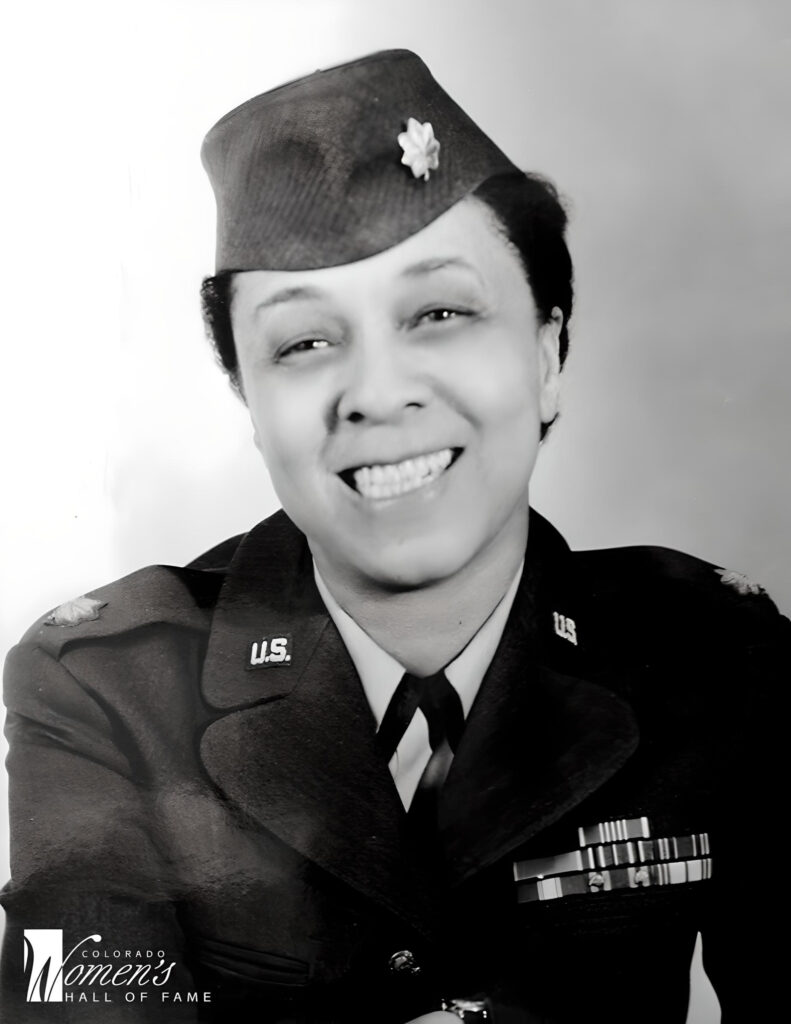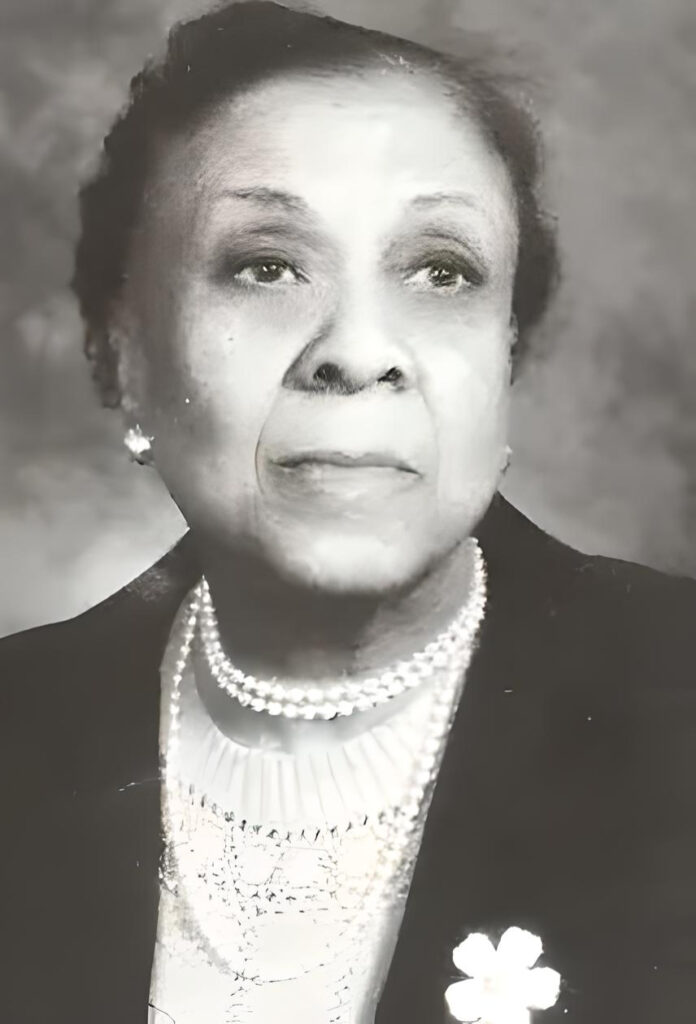
While recently standing in Publix grocery’s wine section, trying to decide on my wine choice, a woman came over and stood closely beside me. Made slightly uncomfortable by what I felt was an invasion of my personal space, I turned to her and smiled. I soon learned she was confused about what to buy and was watching my selection.
“I’m looking for a good cooking wine for a chicken recipe,” she said. As she described her dish, I told her it sounded good and pointed her to a Meiomi, a dry California Chardonnay that cost $20.
“Oh no, that’s too much,” she said. “I’m not going to drink it; I’m only cooking with it.”
I was the wrong person to make that statement to because I was now forced to explain to her that you don’t want to cook with it if you can’t drink it. If it’s a bad wine, once the heat removes the alcohol, you’re left with the “bad” wine taste in your lovely recipe. “Oh,” she said, “Maybe I’ll just use some chicken broth.” “That’s a nice substitute,” I said as I picked up my wine and headed to the checkout. Turning around, I saw her bending over to pick up a “value” bottle of wine from the bottom shelf.
All the way home, knowing I was right, I kept thinking about what I could have said to have changed her mind, making her select a better wine, which would have only enhanced her recipe. I realized this situation was not so different from the current political climate, where, similar to making the perfect wine pairing, we are all trying to make the best choice for our future.
I recently spoke with an acquaintance about her reason for voting for Donald Trump. “I know what he is,” she said, “but I like his policies.” I’m never sure of the exact policies, but one is as good as another. However, the phrase appears to be the current talking point from those voting for the now-felon former president.
Policies change for various reasons, such as social dynamics, constitutional challenges, related technological advances, and plain ole public support or the lack thereof. When you remove the policies from someone of questionable character, similar to the alcohol removed from a sour wine, one is left with only a person of dubious character. On the other hand, if you remove the policies from someone with a demonstrated ability to show concern for all humanity and respect for the rule of law, even if possessing what you may consider fewer appealing policies, you still have someone who remains decent, someone with whom you can proudly support as you work together to ensure better policies are enacted going forward.
Along with 67 million other viewers, I listened to the presidential debate on Tuesday night. There is no way to spin that the former president had a disastrous debate. Still, he claims he won—we’ve heard that before. More alarming is that irrespective of the facts, three out of four of Donald Trump’s supporters agreed with him on winning. This is a concerning trend, as it shows the power of misinformation, the need for a more informed electorate, and, most alarming, some willingness to put party over the country. The former president did not appear to grow his base by his feckless debate, and he will need to be more convincing to win the 2024 election.
But back to the young woman at Publix. I wish I had been more encouraging by suggesting she select a wine with elegance and finesse, one with a reputation for being firm and balanced, and cautioned her to stay away from the low acidic, flaccid, and feeble characteristics of the more unbalanced spirit.









